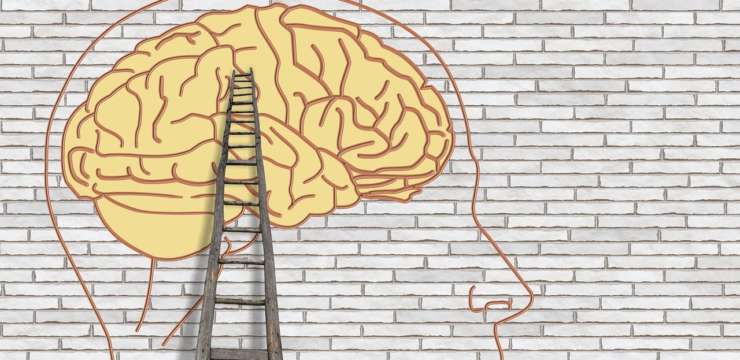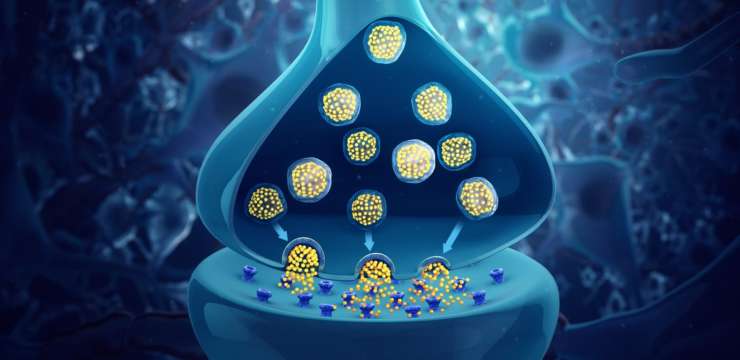Gut Neuropathies Unraveled: Holistic Care for Better Digestion Gut neuropathies, encompassing enteric and autonomic neuropathies, arise when the nerves controlling digestion are damaged, leading to…


Gut Neuropathies Unraveled: Holistic Care for Better Digestion Gut neuropathies, encompassing enteric and autonomic neuropathies, arise when the nerves controlling digestion are damaged, leading to…

Restoring Driving Posture via Chiropractic + Functional Medicine at HealthCoach.Clinic Introduction At HealthCoach.At the Clinic in El Paso, the focus is on treating the body…

Revitalize Your Health: Spine, Gut, and Injury Recovery with Dr. Alex Jimenez At El Paso, TX Health Coach Clinic, we’re dedicated to helping you heal…

Power Up Your Performance at El Paso Health Coach Clinic Athletes in El Paso, TX, face unique challenges, from intense training schedules to the risk…

Holistic Recovery with Functional Medicine: El Paso Health Coach Clinic Functional Medicine for Comprehensive Healing Motor vehicle accidents (MVAs) often result in hidden injuries that…

El Paso, TX Health Coach Clinic: Functional Medicine for Optimal Wellness At El Paso, TX Health Coach Clinic, we are dedicated to transforming lives through…

The Ultimate Guide to Post-Automobile Accident Nutrition: Fueling Your Recovery Naturally Introduction: Why Nutrition Matters After an MVA When someone is involved in a motor…

Depression is a natural response of the body and brain when there are biochemical imbalances occurring. These imbalances can involve toxicities, inflammation, metabolic issues, and genetic predispositions. When we are in a stressful state that lasts for too long, dysautonomia occurs and we burn out, leading to depression. Bun out is what occurs when any system is operating at too high of levels for too long. No matter what the issue is, depression or adrenal exhaustion, all chronic health issues can be related back to stress. We have the ability to test the neurotransmitters and take on depression from a holistic approach.

Every single cell in our body requires energy to complete its functions. The energy our body creates and uses is known as ATP. ATP is created in the mitochondria and relies on a mixture of proteins, fats, and carbohydrates to source its fuel. This energy is created in an essential process called The Krebs Cycle. Similar to other functions throughout the body, when inflammation occurs important process can become hindered and not performed to their greatest extent. We have the ability to maximize our Krebs Cycle by the food we eat, ultimately leading to a postive alteration in our genes and reduced inflammation throughout our body.

As humans, we share genetic similarities and differences. Our genes are associated with our cellular defense and the risk we have for diseases. Additionally, part of our genetic differences include the rate in which enzymes in our bodies operate. Enzymes are important when it comes to cellular health as they determine the speed and activity of genes. Our diet heavily impacts our genetic expression and the metabolic pathways involved in all cellular functions. In order to reduce muscle pain, improve skeletal and overall health, diet needs to be considered as one of the top forms of medicine.

As humans we need ATP to sustain life. ATP is the energy our bodies use to perform cellular functions. To properly create ATP we need a combination of fats, carbohydrates, and proteins (macronutrients). To take these substances and convert them into ATP, our body uses a metabolic pathway referred to as the Citric Acid Cycle. The Citric Acid Cycle is what supplies the body with its primary energy. Without proper energy production from the Citric Acid Cycle we feel fatigued, muscle pain, and our body may suffer from inflammation. Organic acids are a result obtained from metabolic pathways such as the Citric Acid Cycle. We have the ability to assess your body’s energy production by measuring Organic Acids with diagnostic lab testing.

A neurotransmitter is a chemical messenger that regulates physical processes. Neurotransmitters are responsible for movement, pain, stress, emotions, cognition, energy, cravings, and more. Neurotransmitters imbalances are not only found in the brain but they are excreted outside of the Central Nervous System as well. Neurotransmitters play a role in influencing our digestion, nutrient absorption and impact our musculoskeletal system. When neurotransmitters are off-balance, individuals experience headaches, mood swings, anxiety, fatigue, pain, and depression. Using diagnostic lab technology, we have the ability to test our patients for neurotransmitter deficiencies.

Genes are highly essential and many are still unstudied. We are constantly uncovering more information about our genetic makeup and the factors that influence them. Now, we understand that food and dietary components play a large role in specific gene expressions and the environment around us is responsible for certain genetic expression as well! We have affordable ways to get your genes tested and can provide you with more insight on your genetic makeup.

Genetics play a large role in the onset of diseases and human physiology. One thing we know now more than ever is the heavy impact that nutrition has on these genes and the triggers to “turn on†or “off†a disease marker. New research is revealing that lifestyle, dietary components, mindsets, medication, and environmental factors are also responsible for the increase or decrease of gene activity. To help reduce methylation dysfunction, remember to reduce stress, remove toxins, and restore your body with the proper nutrients it needs!

Insulin resistance is linked to major health conditions such as: obesity, prediabetes, diabetes, hypertension (high blood pressure), artery disease, cancer, arthritis, and neurodegenerative diseases. To reduce your chances of insulin resistance, take the steps to make positive changes in your lifestyle. Some simple steps include reducing your intake of sugary drinks and only drinking water, exercising regularly, and cutting out sugar, carbs, and foods with a high glycemic index.

Stress & Inflammation are responsible for the majority of chronic health conditions. When stress becomes too frequent, the communication between the signals in the body misfire. This leads to an increase in hormone production and a decrease in body functions (example: the Krebs cycle). We evaluate the stressors occurring in your life, pair them with top of the line diagnostic testing, and create a personalized plan for you to ensure your body receives the healing it needs.

Testing biomarkers can help practitioners determine and create a more efficient personalized plan. The LRA test by ELISA/ACT was created to test 4 separate types of immune trigger markers. These include Actue Antibodies (IgE), Humoral Antibodies (IgA, IgM, IgG), Immune Complexes, and T-Cell Regulation. These factors are all extremely important when it comes to reversing symptoms related to thyroid issues, joint pain, lupus, diabetes, IBS, and more. Accurate testing leads to accurate results!